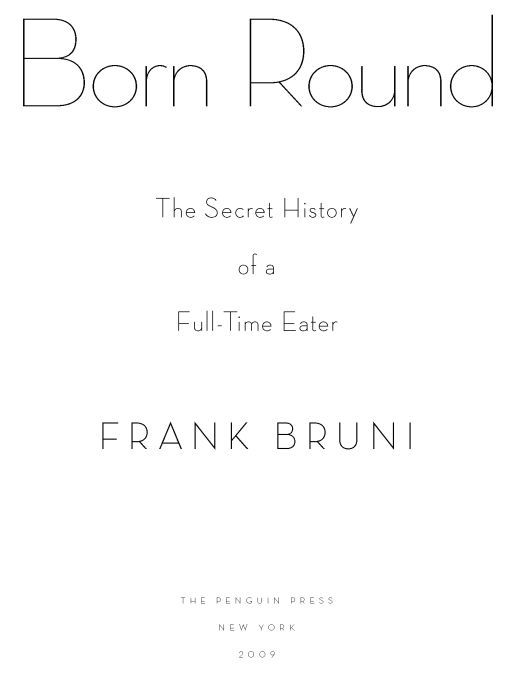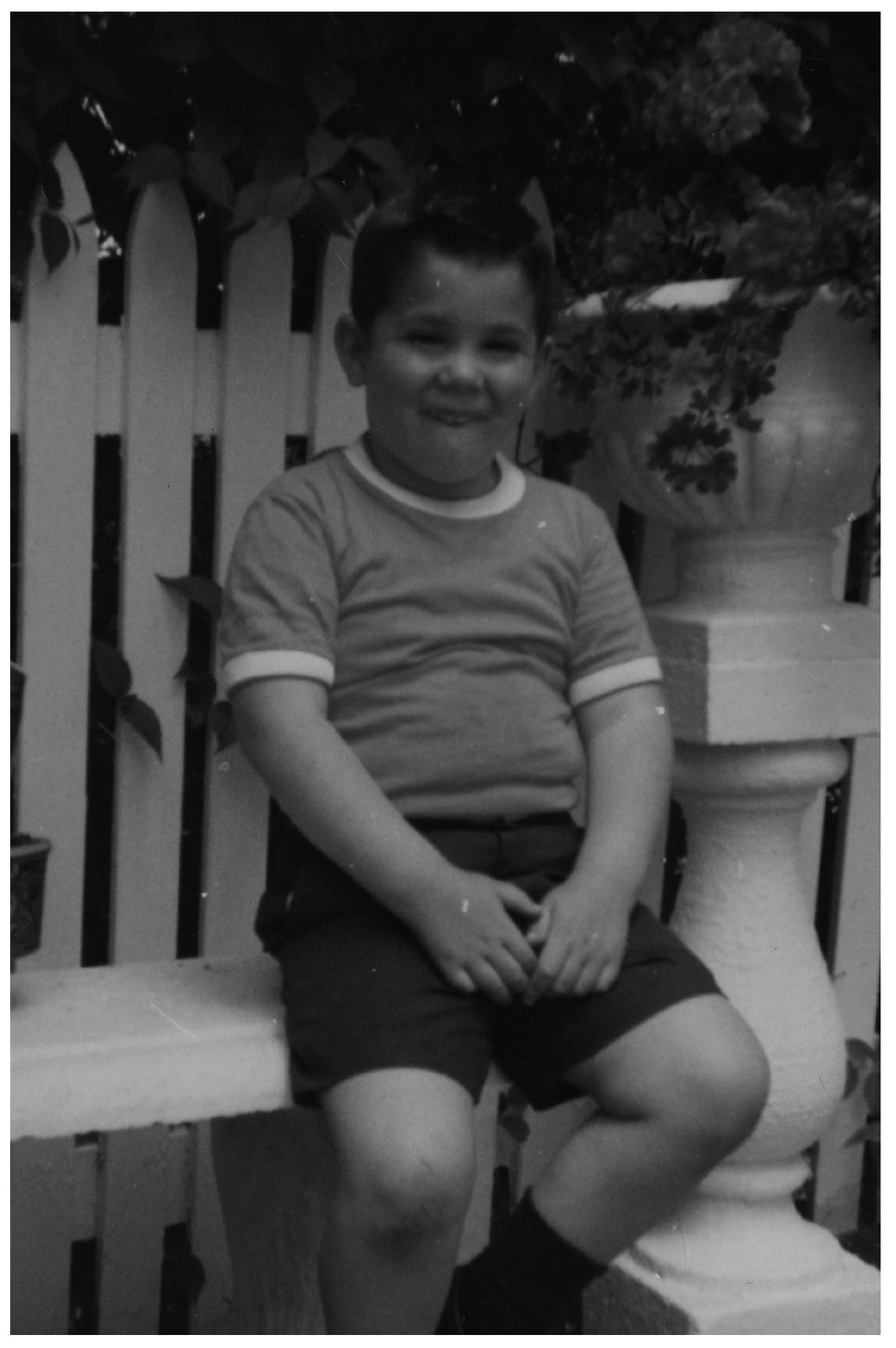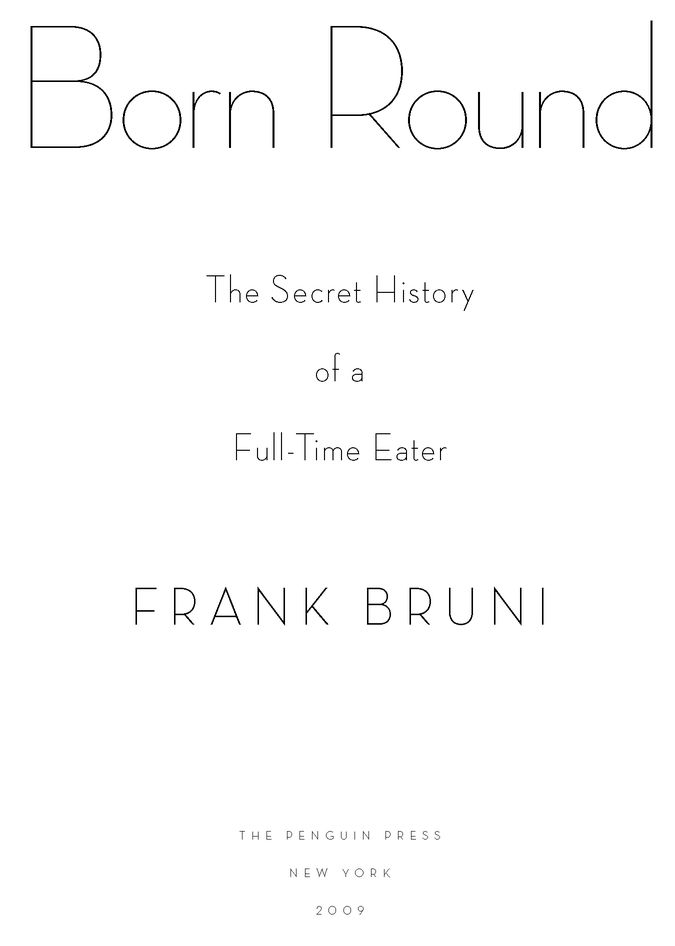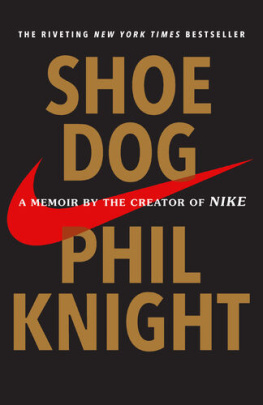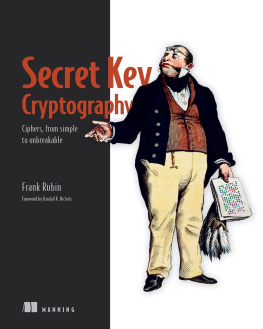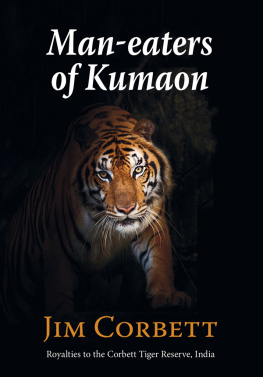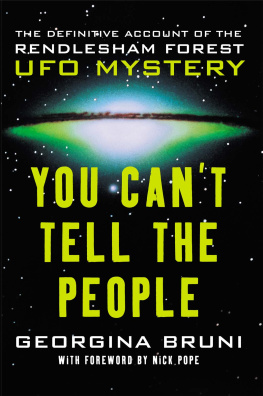Table of Contents
ALSO BY FRANK BRUNI
Ambling into History:
The Unlikely Odyssey of George W. Bush
A Gospel of Shame:
Children, Sexual Abuse, and the Catholic Church
WITH ELINOR BURKETT
To my brothers
Mark and Harry
and my sister, Adelle.
You three are the luckiest hand I ever drew.
And to my nieces
Christina and Annabella,
because you missed out the last time around.
Authors Note
The names and certain identifying details of a few people in this book have been changed out of respect for their privacy. And while none of the people, events or conversations in this book were invented, some conversational details lay beyond the reach of memory, so dialogue has been reconstructed through interviews and other reporting, and fashioned in line with what I know and remember of how the people, including me, spoke. I cant vouch for its pinpoint accuracy in all cases, but I can vouch for its truth.
Introduction
I got the phone call in early January 2004, as I looked out over the uncertain expanse of a new year.
I was in my office in Rome, and I was probably drinking an espresso. I was almost always drinking an espresso. The newspapers Rome bureau, like any self-respecting Italian workplace, had a proper espresso machine, and my assistant, Paola, like any self-respecting Italian, knew how to make a proper espresso. So whenever she said, Ti serve un espresso? I said, S! S! even if shed last served me one just forty-five minutes earlier. An espresso allowed me to consume something without consuming anything of caloric consequence, to finagle a pleasure along the lines of eating without actually eating. And the acids and caffeine in it revved up my metabolism. I had read that somewhere. Or maybe I had simply made it up and then, as with so many of the greater and lesser food lies Id told myself, made the executive decision to believe it.
On the other end of the line was an editor in charge of a department of the newspaper different from mine. I worked for the Foreign News desk, keeping one eye on a sinking Venice, the other on a flagging Pope. She supervised several soft sections: the Style pages, the Home pages andthe reason for her callthe Dining pages. I assessed prime ministers; she, prime beef.
But she had a thought about that. She had an idea.
Restaurant critic, she said.
I wasnt sure Id heard her right.
Restaurant critic, she repeated, in the middle of a sentence explaining that the job was open, that there were people at the newspaper who thought I might be right for it, and that she happened to be one of them.
She wanted my reaction. She wanted to know: How did I feel about eating for a living?
Eating for a living?
Without meaning to, I laughed.
She didnt appreciate the robust absurdity of what she was asking, the big, fat irony of whom she was asking.
Because she had stayed put in New York while Id moved frequently and traveled widely for the newspaper, she hadnt laid eyes on me for the better part of a decade. She wasnt clued in to what had happened to me during that time: the way Id given in to my crazy hungers and crazier habits; how large Id grown; how long Id been trapped at that size, in that sadness; how determinedly Id slogged my way back to a leaner, better place.
The Rome assignment had presented itself toward the end of that slog, in mid-2002, when I was living in Washington, D.C., and part of what it promised and then delivered was a clean break, a new beginning. In Rome I made friends who hadnt known me at either my fattest or my fittest, hadnt watched me ricochet between the two, back and forth, up and down, never at rest, never at peace. They saw me afresh: a fairly average guy in his late thirties, maybe fifteen to eighteen pounds over the strict medical ideal for someone just under five feet, eleven inches tall, certainly chunkier than the Italian norm, but broad-shouldered and attractive nonetheless. Nothing unusual. Nothing humiliating.
In Rome I ate relatively ordinary meals and I ran or went to the gym at least three times a week and I wore jeans againI finally wore jeans again, not worrying about how much more snugly than chinos they fit. I had a serious romantic relationship, my first in more than seven almost entirely celibate years. At the beach I took my T-shirt off. Not right when I got there, and not all the time. But some of the time: if there werent too many narrower people around; if I was standing up or stretched out; if Id done a decent run or workout that morning or the night before; if I was feeling light and good.
Was this how Id be from now on? Was I finally safe?
I couldnt know.
But some sort of confidencemaybe even couragehad apparently taken hold.
I didnt cut the editors call short. With welling interest I listened as she made a case that I was a quick enough learner, a self-assured enough thinker and a nimble enough writer to set off in an unanticipated direction and try my hand at something wildly different.
And then I told her Id consider it.
It wasnt likely to go anywhere, anyway. In my nine years at the newspaper, Id written about politics, religion, crime, immigration, movies, books and the Miss America pageant. Id never written about food, not unless you counted stray paragraphs about George W. Bushs fondness for peanut butter and Cheez Doodles, not unless you factored in a feature story about Las Vegas residents larding themselves at all-you-can-eat buffets. (That was one from the heart.)
I knew more about papal encyclicals than about Peking duck, and had little more reason to believe Id get this restaurant-critic job than to believe Id be anointed the next Pope. But why not revel in the compliment of being thought capable of such a stretch? Why not let the idea bounce around my head, imagine the miter on my head? It was a harmless fantasy.
And then it wasnt.
Just weeks after that first call from the editor in New York came another: the job was mine if I wanted it.
Did I?
Saying yes would mean leaving Rome about midway through what was typically a four-year stint, and that gave me pause. While I had made my way to Sicily for stories on three occasions and had managed four trips to Florence, I was still trying to find a justification for Capri and Positano, and in time I was sure I would. And my Italian had finally progressed from deducible to out-and-out discernible. Serviceable was right around the bend.
Saying yes would also mean putting myself in the path of sometimes withering scrutiny in New York, where the newspapers restaurant critic had a significant effect on the fortunes of chefs and restaurateurs, who sporadically (and understandably) fought back. I didnt long for that.
But there was, of course, an even more compelling reason not to say yes, and it came up during one more call, this one from an editor higher up the newspapers chain of command, an editor who had seen me over the past decade.
She wanted some reassurance, but not about my confidence in tackling this new subject matter or my comfort in switching from correspondent to critic. And not about whether I had made peace with leaving Italy, when living there had been a lifelong dream.

